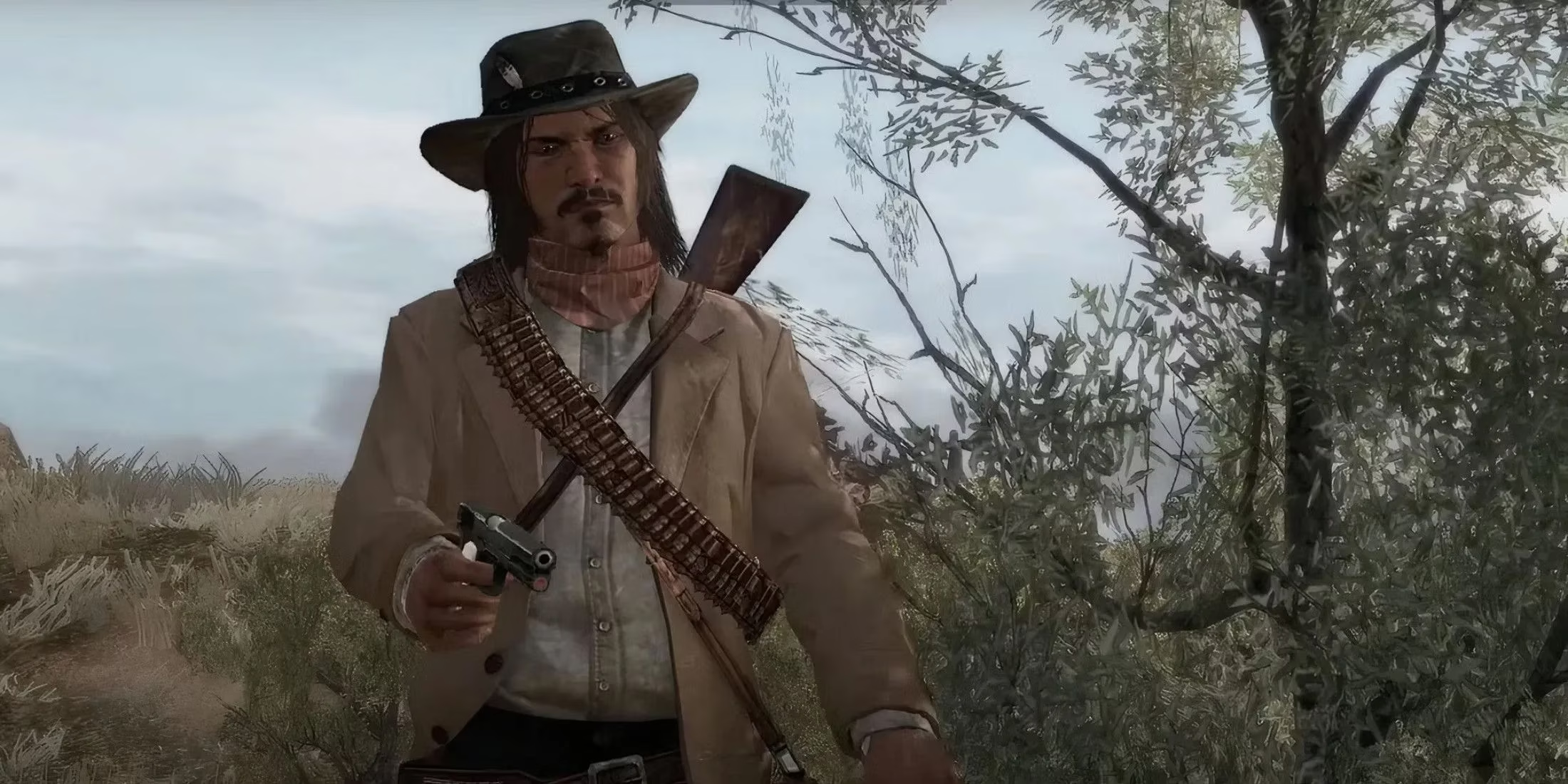The haunting landscapes and morally complex characters of Red Dead Redemption have etched themselves into gaming's collective consciousness like ghostly hoofprints on moonlit sand. As players still reminisce about Arthur Morgan's tragic arc and John Marston's redemption quest in 2025, the clamor for a third installment grows louder across dusty virtual campfires. Yet beneath this enthusiasm simmers an unspoken dread—the fear that revisiting this masterpiece might unravel its carefully woven tapestry, transforming profound storytelling into just another conveyor-belt franchise. Like opening a perfectly preserved time capsule only to have its contents disintegrate in modern air, some legends deserve to rest undisturbed.

The Allure of Familiar Trails
Fan proposals for RDR3 often circle back to beloved survivors: Sadie Adler's bounty hunting escapades in South America, Charles Smith's struggles with identity in Canada, or most popularly, Jack Marston navigating the twilight of the outlaw era. The 1920s setting for Jack's story particularly fascinates players—imagine tommy guns clashing with colt revolvers as civilization swallows the frontier. Yet this temporal collision feels like forcing a steam locomotive onto a bridle path; the machinery might function, but the soul of the journey evaporates. What made the gunslinger fantasy resonate was its authenticity to a dying era, not a contrived hybrid.
The Weight of Unanswered Questions
Here lies the paradox: the very ambiguity surrounding these characters fuels their legend. Sadie riding into the Argentine sunset with blood on her hands but hope in her heart? Charles finding peace after his violent past? These open endings function like half-finished frontier paintings—their power lies in the empty spaces where our imaginations gallop free. Tying every narrative thread would be like stuffing a mustang into a petting zoo; the wild beauty that made it magnificent gets replaced by sanitized predictability. One can't help but feel protective of these digital ghosts, knowing over-explanation could shrink their monumental presence into mere video game NPCs.
Prequel Pitfalls and Franchise Fatigue
The Dutch van der Linde gang's heyday remains tantalizingly unexplored, yet revealing those glory days risks shattering the mythos. Dutch's descent into madness gained potency precisely because we witnessed its aftermath first—like hearing thunder before seeing lightning, the anticipation amplified the impact. Watching young Dutch charm his way into forming the gang might feel as anticlimactic as learning a magician's tricks; the wonder evaporates when mechanisms replace mystery. This franchise fatigue mirrors what happened to Assassin's Creed—once a groundbreaking innovation, now criticized for feeling like factory-produced historical tourism.
Rockstar's Creative Crossroads
Demanding RDR3 creates an ironic dilemma: players chastise Rockstar for milking Grand Theft Auto Online, yet clamor for the same treatment of Red Dead. The developer's resources aren't limitless—every hour spent on cowboy sequels means abandoning dormant gems like Bully or LA Noire. Supporting this cycle feels akin to begging a Michelin-star chef to only cook hamburgers; sure, they'd excel, but what culinary marvels might we sacrifice? There's palpable melancholy in realizing that sometimes, the greatest act of love for a fictional world is letting it fade into the sunset undisturbed.
The Uncomfortable Truth About Legacy
Consider gaming's landscape:
-
🎮 Assassin's Creed | Peak: Brotherhood (2010) | Current State: Annualized fatigue
-
🔫 Call of Duty | Peak: Modern Warfare 2 (2009) | Current State: Formulaic repetition
-
🤠 Red Dead Redemption | Peak: RDR2 (2018) | Current State: Untarnished masterpiece
The pattern reveals how franchises often peak before corporate machinery drains their vitality. Rockstar stands at a rare precipice where resisting sequel demands could cement Red Dead's legacy as gaming's perfect diptych—two complementary masterworks needing no third panel. Like a desert cactus blooming once a decade, true artistry thrives in restraint. Perhaps the most courageous ending for this saga is the one already written: silence after the final gunshot, leaving us to ponder whether redemption was ever truly possible in a world spinning toward modernity.
So we're left staring at the horizon—do we really want answers, or was the mystery itself the gift?